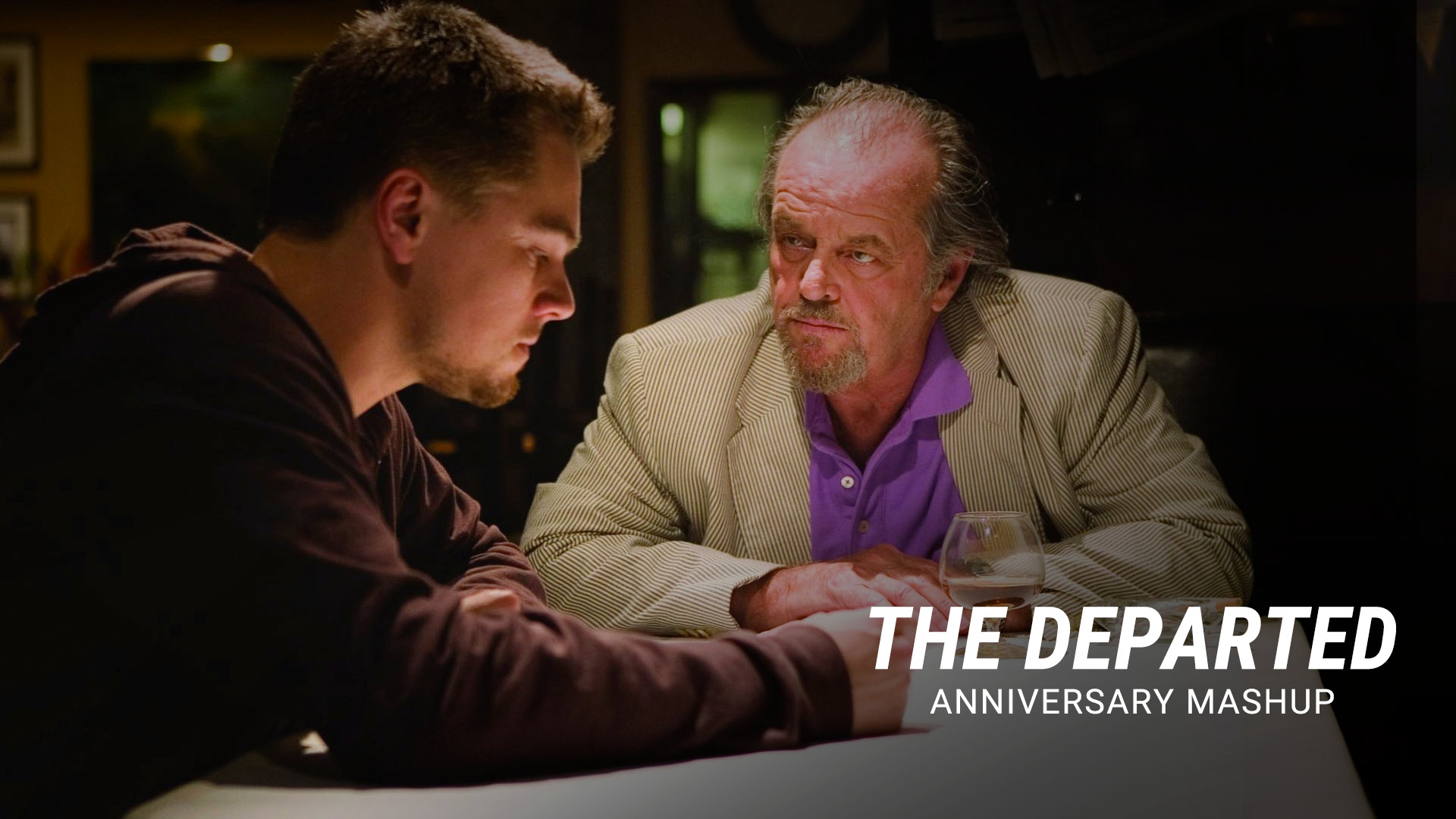
A Deep Dive into The Departed Analyzing Its Themes of Betrayal and Loyalty
Martin Scorsese's "The Departed" stands out as a modern classic, merging intense storytelling with a complex exploration of themes such as betrayal and loyalty. Set against the gritty backdrop of Boston's criminal underworld, the film unfolds a gripping narrative that keeps audiences on the edge of their seats. The duality of its characters, particularly the police and the mob infiltrators, provides a fertile ground for analyzing how loyalty can quickly morph into betrayal, making it a quintessential study in moral ambiguity.
The Complexity of Betrayal
At its core, "The Departed" portrays betrayal on multiple levels—personal, professional, and ideological. The characters of Billy Costigan, played by Leonardo DiCaprio, and Colin Sullivan, portrayed by Matt Damon, embody this theme in the most poignant ways. Costigan’s journey into the Irish mob entails a facade of loyalty to the police while working undercover, a role that forces him to betray his heritage and trust. Sullivan, on the other hand, betrays his badge and colleagues by secretly working for the gang. This juxtaposition reveals how betrayal is not merely a personal failing but can be a survival mechanism in a morally corrupt world.
The Nature of Loyalty
Loyalty in "The Departed" is depicted as both virtuous and destructive. On one side, it is a principle that characters cling to, influencing their actions and decisions. The loyalty Costigan displays towards his police colleagues contrasts sharply with Sullivan's treachery. Ultimately, the film suggests that loyalty can often lead to tragic consequences, as seen in the fates of key characters that are torn between conflicting allegiances. Betrayal doesn’t only come from enemies; sometimes, it stems from those we trust the most, and this chaotic struggle for allegiance heightens the tension throughout the film.
The Consequences of Betrayal
The consequences of betrayal in "The Departed" are staggering and far-reaching. As the plot unfolds, the intricate web of deceit leads to inevitable bloodshed, showcasing that betrayal does not merely ruin relationships; it can result in death and devastation. Scorsese expertly navigates the theme of loyalty as something that can be weaponized, where characters believe they are serving their interests but ultimately find themselves ensnared in a deadly game. This tragedy unfolds to remind audiences that in a world where trust is a rare currency, betrayal can become the order of the day.
The Departed Official Shop
For fans of "The Departed," connecting with the film extends beyond just watching it; it involves engaging with its essence through merchandise and collectibles. The Departed Official Shop offers a selection of high-quality items that encapsulate the film's themes and artistry. From posters and apparel to exclusive memorabilia, the shop serves as a gateway for fans to deepen their appreciation for Scorsese's work. It allows viewers to carry a piece of the gripping narrative and its complex themes into their everyday lives, symbolizing the impact that "The Departed" has had on popular culture.
In conclusion, "The Departed" serves as a profound exploration of betrayal and loyalty, presenting a narrative that resonates deeply with audiences. Through the characters' choices and their consequences, Scorsese crafts a tale that challenges our understanding of morality and allegiance. As we delve deeper into these themes, it becomes clear that the film not only entertains but also invites reflection on the nature of trust in our own lives. Whether you are a longtime fan or discovering the film for the first time, engaging with its themes can be further enhanced through the unique offerings available at The Departed Official Shop.









